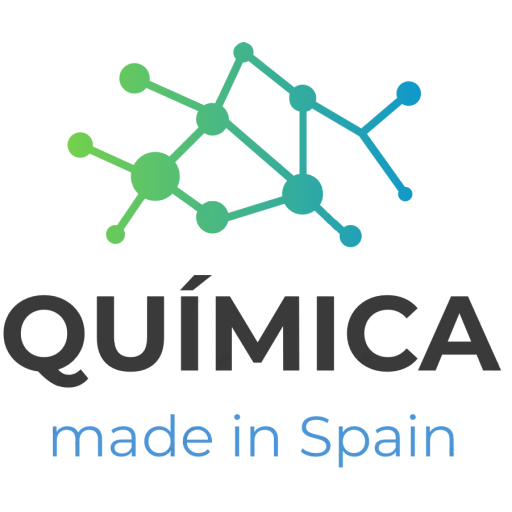PIDAFE
Programa para la Inclusión Digital en tres ejes de desarrollo: Alfabetización Social, Formación educativa y Empleabilidad empresarial

Abstract of the scientific programme in English
Digital literacy as a project comes in response to the current context of the digital era, in which we are seeing citizen involvement in social development. This situation makes education in the 21st century possible, with a focus on the digital skills needed to participate in this global ecosystem and which requires new professional skills. In this sense, an unknown global educational scenario is taking shape, one structured in a rather decentralized way, and whose response is the MOOC (Massive Open Online Courses), consisting in the use of twoway communication models for the building of open knowledge.
MOOC models must promote connectivism within the scientific community, socioconstructivist learning and learning with the consequent social transfer of the knowledge generated through science. Their designs should
be geared towards creating opportunities for collaborative learning and seeking strategies or resources to render the scientific method accessible to all citizens.
We will focus on the MOOC model in order to carry out this transfer of scientific knowledge built according to the digital society in which we live. Therefore, we will base ourselves on participating in social networks and breaking away from closed educational structures, which implies an educommunicative approach, focusing especially on new forms of learning through the theory of connectivist learning.
This proposal for the training of researchers, in particular, and of citizens, in general, also makes for a knowledge that is both open and in constant change, with the purpose of preparing innovative professionals, but also of bringing together, through virtual learning communities, all those who must be digitally enabled and who will have an impact on the improvement of the social and productive spheres.
Educational training sets the acquisition of digital skills as a priority objective for governments, institutions and companies, as evidenced by the different regulations, the multiple investigations carried out, and the creation of platforms and the resources that are constantly emerging. However, the speed with which changes are
implemented generate maladjustments between the demand for this type of skill and the training provided, which requires finding appropriate educational solutions that speed up the closing of the EducationEmployment divide to thereby increase the employability of citizens in the digital society. The demands of the digital society call for lifelong learning, where digital skills are key to personal fulfilment and development, as well as ‘active citizenship, social inclusion and employment’ (European Parliament, 2006). According to the European Commission (2019) study, Human capital digital inclusion and skills, 43% of European Union citizens have an insufficient level of digital skills.
In Spain, the Public Administration has been a pioneer in the creation of jobs oriented towards digital management by becoming one of the most advanced countries in Europe in the implementation of eGovernment, which, in turn, has led companies to have resorted to personnel specialized in electronic invoices, cloud services, ecommerce and management of social networks (European Commission, 2018). Despite the increasing demand in the labour market, the supply of ICT specialists is still below the EU average. In the case of the Community of Madrid, greater productivity in employment has been achieved in activities linked to digitalisation (CAMConsejería de Economía, Empleo y Hacienda, 2017).
